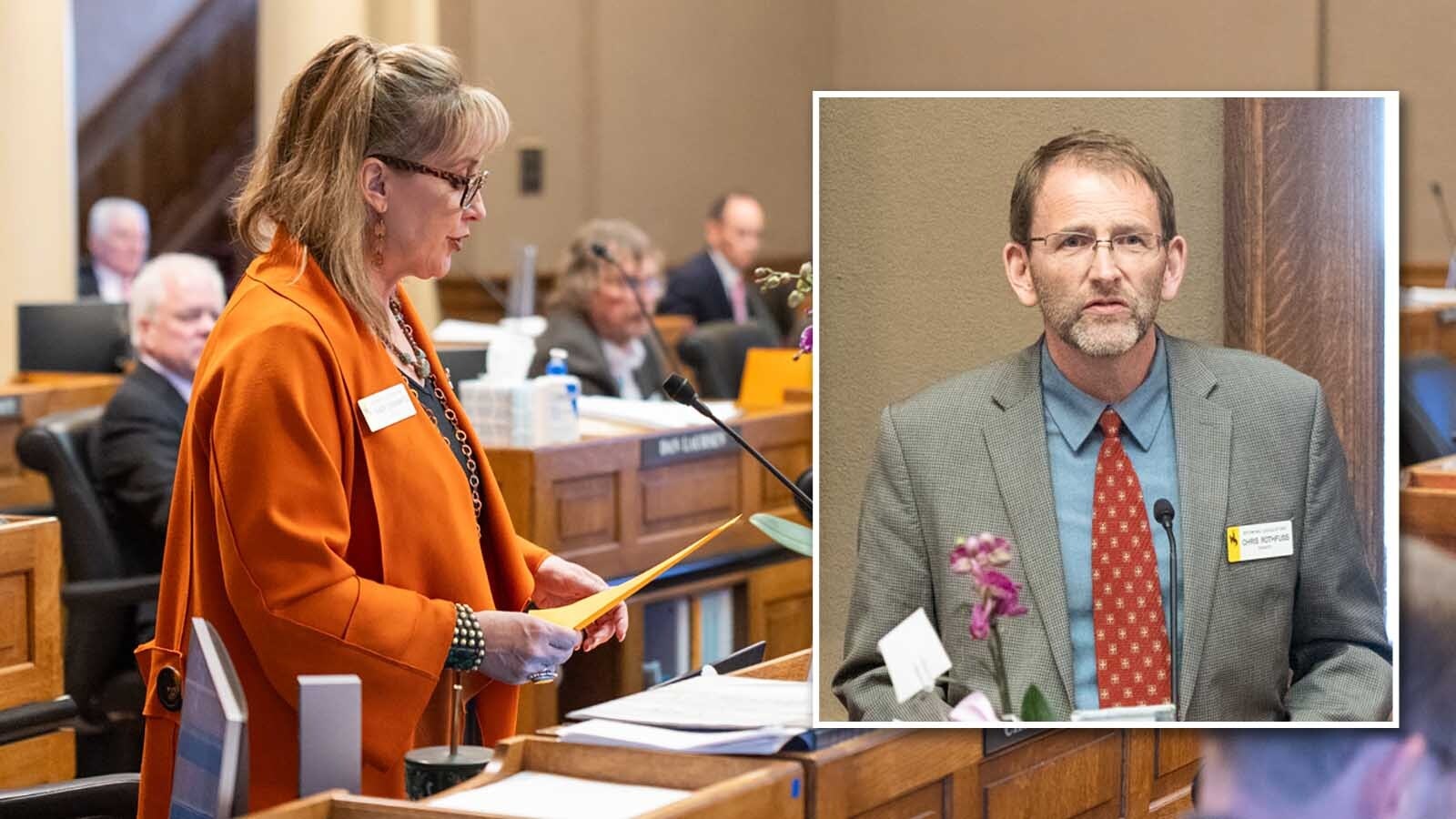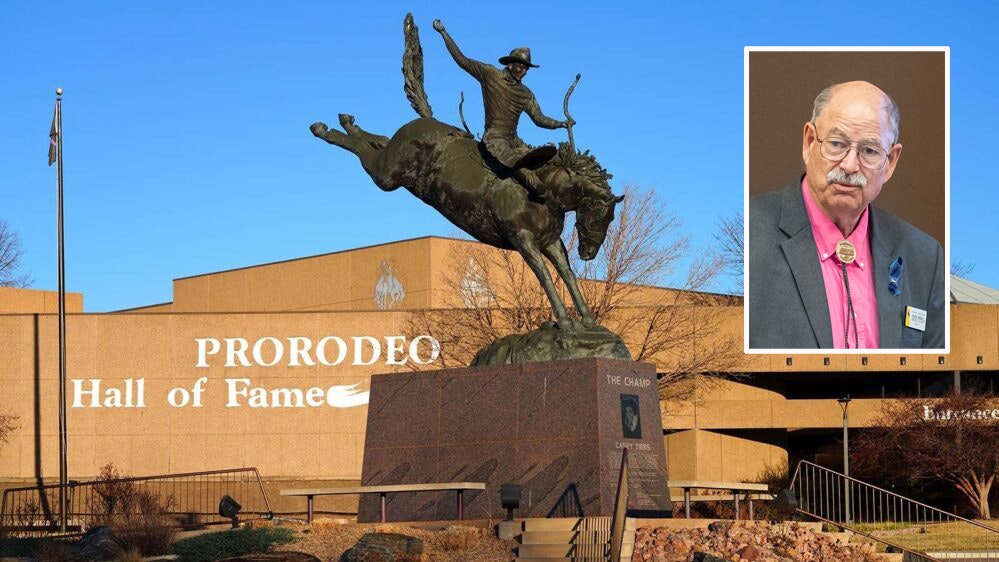A Republican Wyoming lawmaker’s attempt to define sex by birth certificate instead of biology failed Friday.
Rep. Julie Jarvis, R-Casper, cut against the majority of her fellow Republicans in the Wyoming House of Representatives when she proposed an amendment Friday to House Bill 32, the “What is a Woman Act.”
If it becomes law, the act would define terms like “man,” “woman,” “boy” and “girl” according to biological sex across Wyoming law.
It would also tell the courts to judge sex-separating laws — like bans on transgender athletes participating on sports teams that don’t match their sex — by a more lenient standard than they’d judge fundamental rights.
Jarvis criticized the law Thursday and Friday, calling it invasive and saying it has the potential to unleash harmful bodily organ checks on women.
Her amendment would rewrite the definition part of the bill to make it define men and women by what their birth certificate says, not by their sex organs or internal design.
She said she mailed a survey addressing gender issues to the people in her community, and 32% of the 500 people responding said the state should provide protections for people to live their own lives. Another 37% said government shouldn’t be involved in gender issues at all, Jarvis said.
Just 13% said the state should regulate gender-related decisions and 16% said they’d like to see a balanced level of regulations, she added.
Jarvis characterized the “What Is A Woman Act” as government overreach.
“Five years ago I wouldn’t have even worried about this definition, but here lately there are a lot of things happening in Wyoming that I thought would never happen in our state,” said Jarvis.
She said she realizes people may change their birth certificates, but said her definition is the lesser of two evils.
Other Repubs Say No
The act’s sponsor and Jarvis’ fellow Casper Republican, Rep. Jayme Lien, said Jarvis’ change would water the bill down and leave courts without needed clarity.
Wyoming will amend someone’s birth certificate if the person gets a court order, Lien said.
Other representatives noted that several other states will also change people’s birth certificates.
Seventeen states offer a third option or non-binary birth certificate, according to USBirthCertificates.com.
Rep. Daniel Singh, R-Cheyenne, simply posed a technical question, asking how the birth certificate definition would apply to asylum seekers who don’t have their birth certificates.
Jarvis said lawmakers could amend an answer to that one.
Ultimately, the amendment failed.
Clair McFarland can be reached at clair@cowboystatedaily.com.





